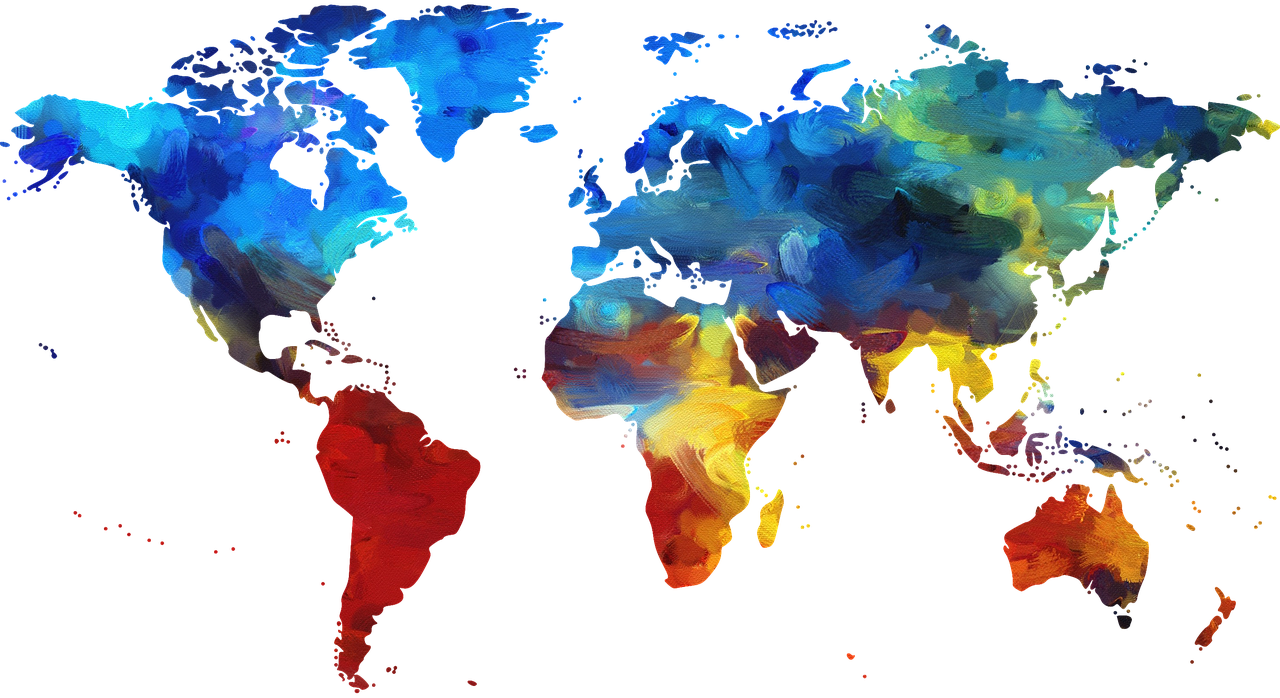Should the Government of India come up with a Policy regarding distribution of wealth created by AI machines?
The world economic forum in its article https://www.weforum.org/agenda/2016/10/top-10-ethical-issues-in-artificial-intelligence/ “Inequality. How do we distribute the wealth created by machines?” as one of the top-10 ethical issues in AI. I believe that this will be one of the topmost ethical questions which will define the next generation. Does the Government of India need to start thinking about a policy framework for this. It is becoming very obvious that along side with the AI algorithms and models, data will be the most important aspect for any AI to be successful. As Andrew NG mentions “Data is food for AI,” says Ng. So the main question is should we let the status quo to continue where in “Whoever built the AI machine, or whoever purchased the machine, or whoever owns and operates and maintains the machine keeps the wealth it earns”? or do we really need to think about this as a problem for which governments and sovereigns need to bring in regulations? It is very clear that the “AI machines” will need a lot of data to be trained and tested with, to be effective to help firms and individuals to generate wealth more effectively involving less of “human hours” . But it is not going to be possible for the “AI machines” or the firms owning, operating or who have purchased these “AI machines” to have access to all the data and the data would need to be made available to them from sources including “personal” data of citizens. So would it mean that the folks providing the data (knowingly or unknowingly) should also be compensated to reduce the “inequality” where in individuals who have ownership in AI-driven companies will make all the money. In the book https://en.wikipedia.org/wiki/Who_Owns_the_Future%3F , Jaron Lanier proposes a solution to which the “The Economist” commented “Mr. Lanier has an audacious solution. If information is worth money (and the rise of companies trading on data would suggest that is the case) then people should be paid for what they contribute. He envisions a complicated mechanism in which services such as Facebook stop being free, but also stop obtaining data for nothing. Creators of data would be remunerated with millions of nanopayments; users of information would have to pay. Even the author admits this would be a hard sell.”. So does this make the problem of inequality in wealth creation due to AI machines, a public policy problem for governments to look into or should it let the markets to yield positive outcomes. Vijay Kelkar and Ajay Shah in their book “In Service of the Republic: The Art and Science of Economic Policy” clearly mention that “The role for the state is born of a class of problems where freedom does not work so well and where the free market yields poor outcomes. This is the zone of market failures”. They authors further explain, “Market failures come in four kinds: Externalities, Asymmetric information, Market power and Public goods”. For sure the topic of “Distributing wealth created by AI” will fall under the first 3 categories, it can be debated whether it falls under the category of “Public goods”. So the question that we need to seek answers as an average citizen of India is should the Government of India think about a “centralized regulation” on the various questions of “AI Ethics” including “Distributing wealth created by AI” or should it let the market forces take action or let the market build a decentralized way of regulating “AI ethics” like mentioned in the ORF article “https://www.orfonline.org/expert-speak/building-a-case-for-decentralised-ai-ethics/”.
